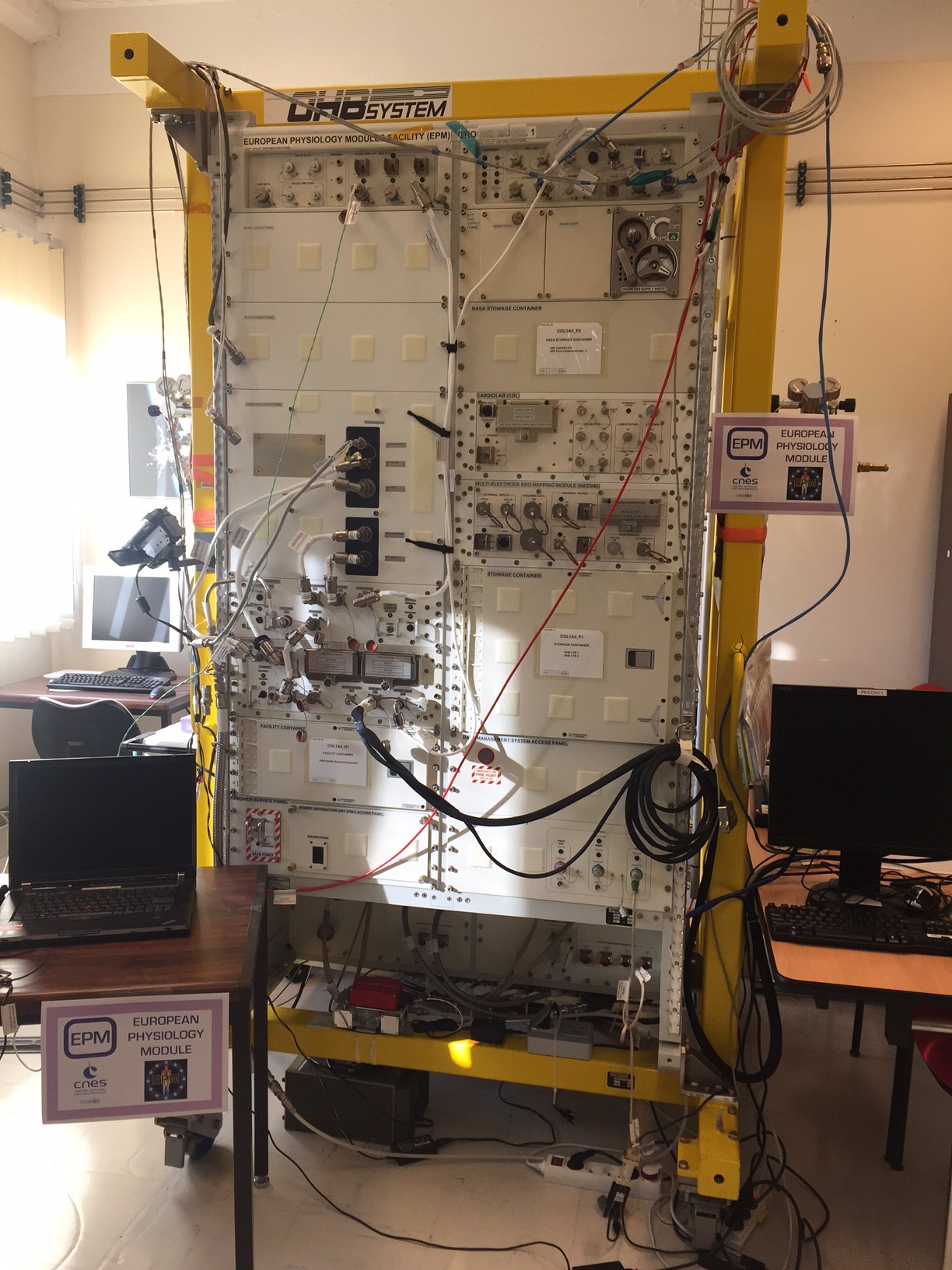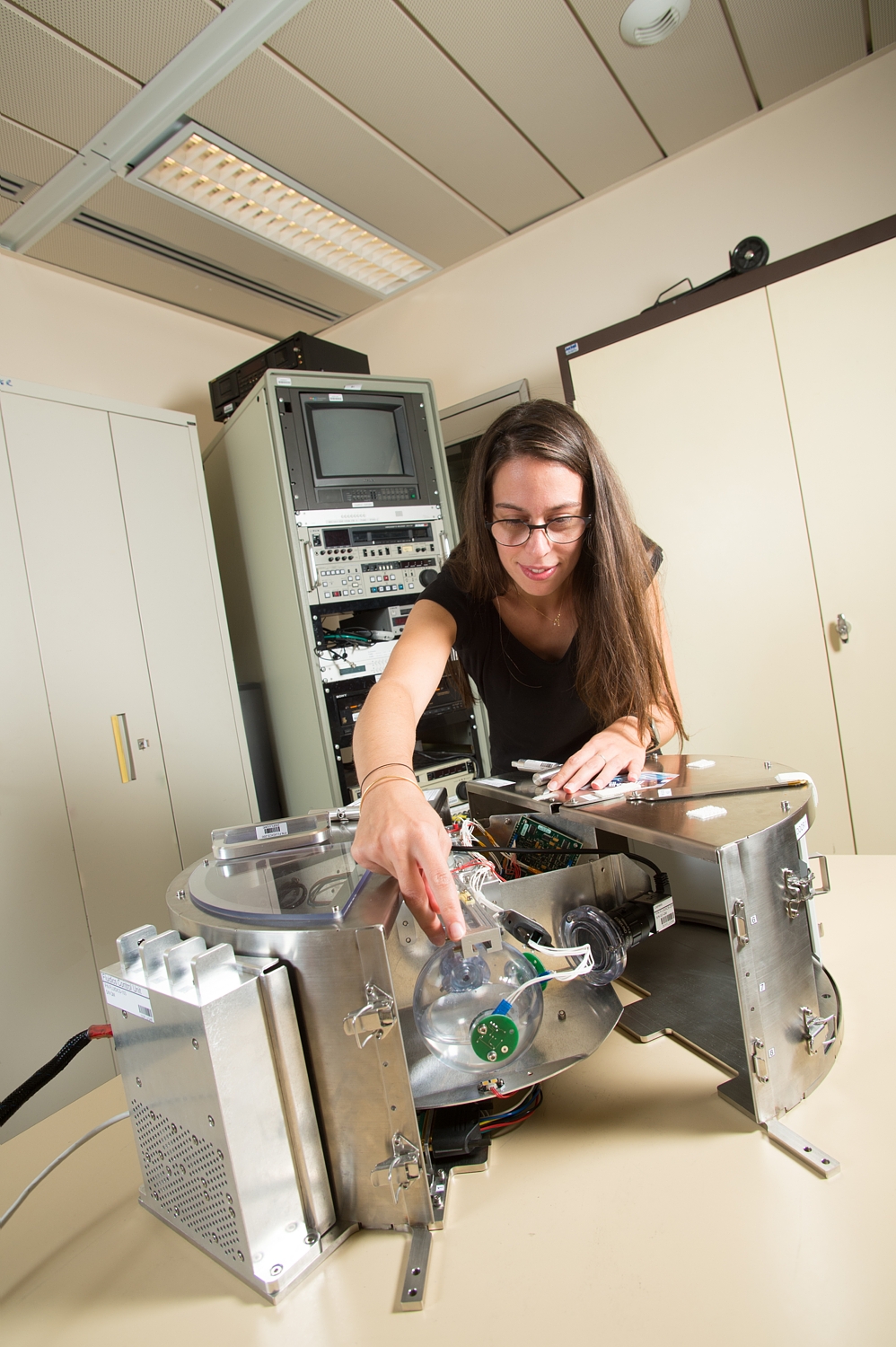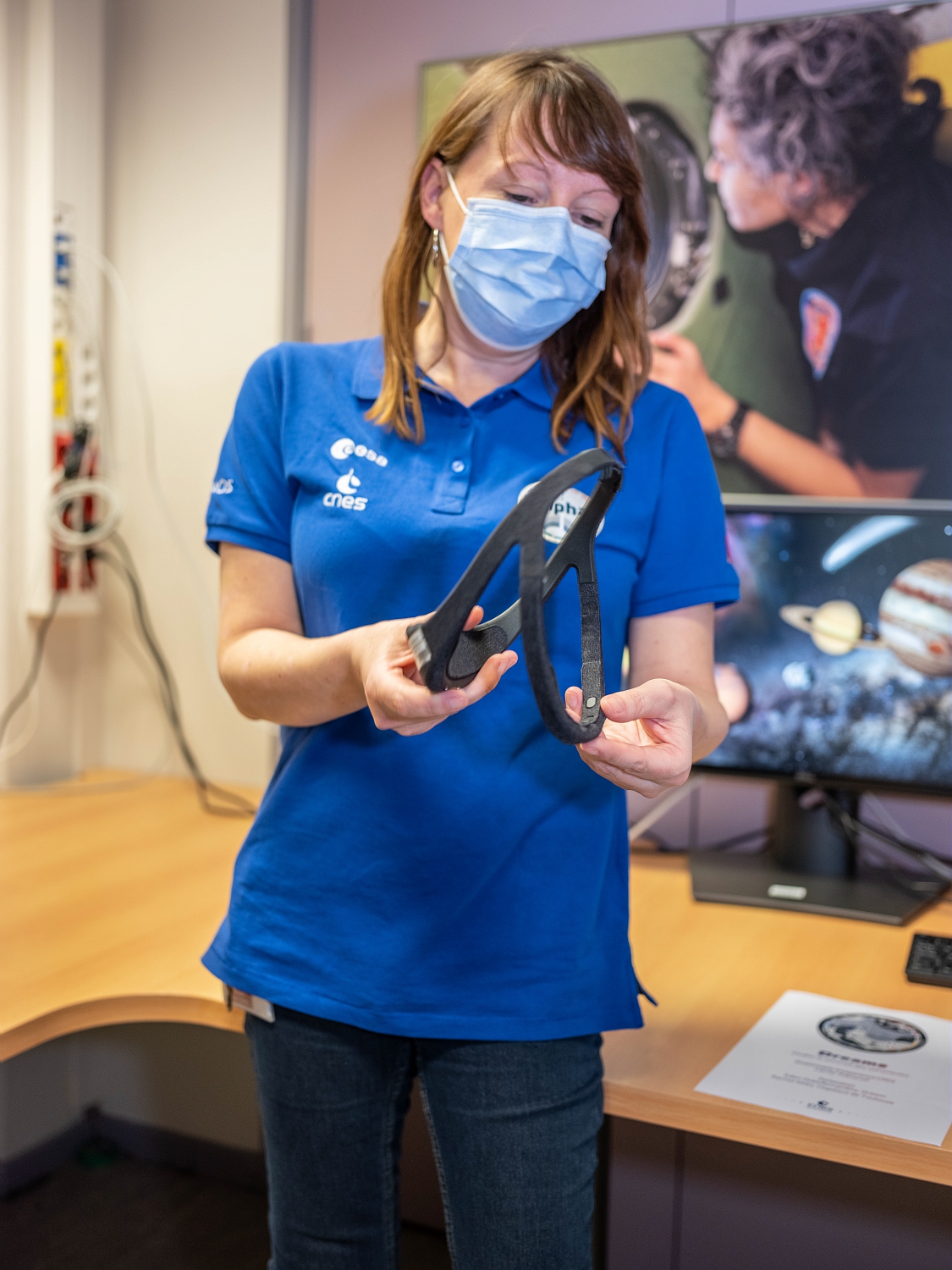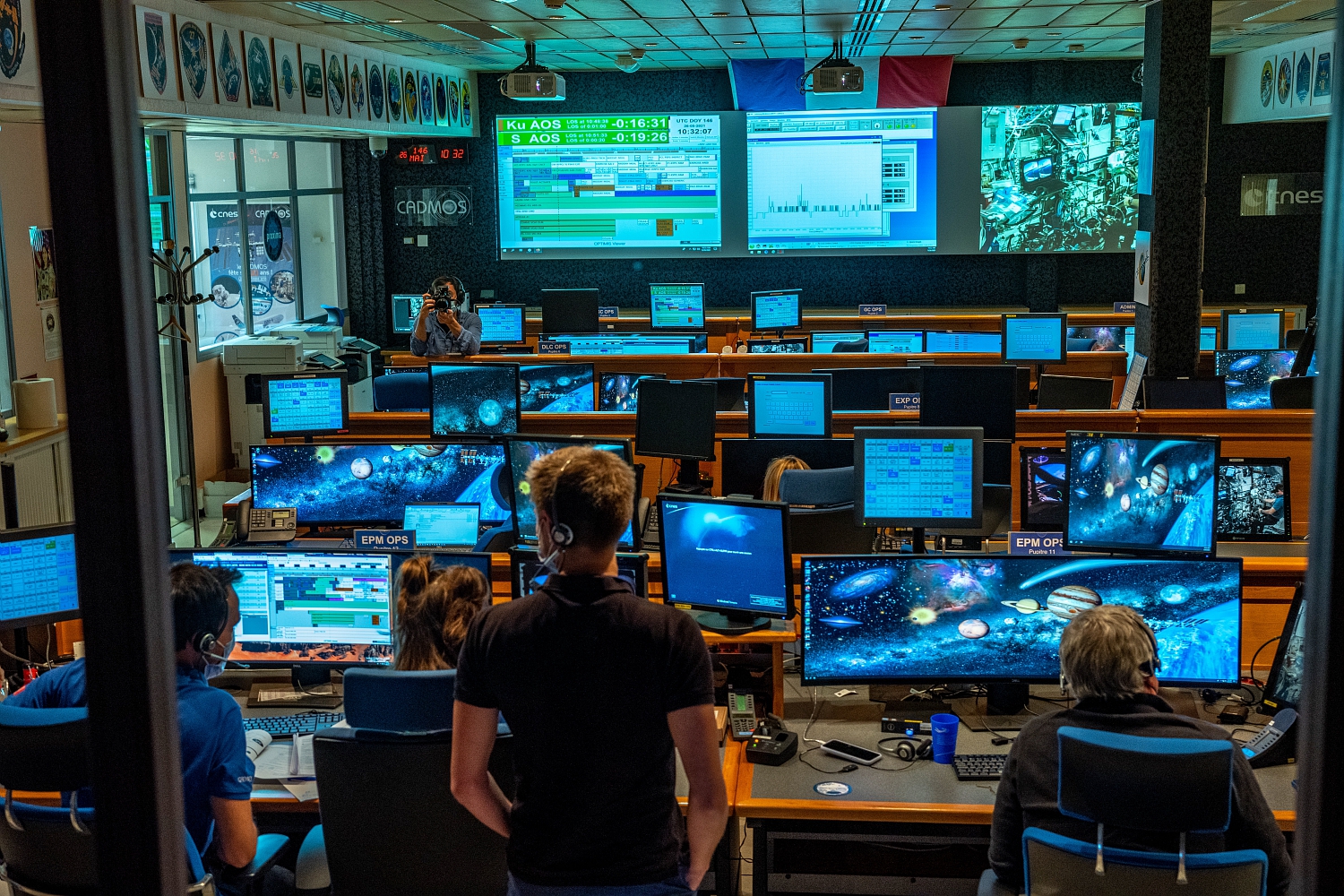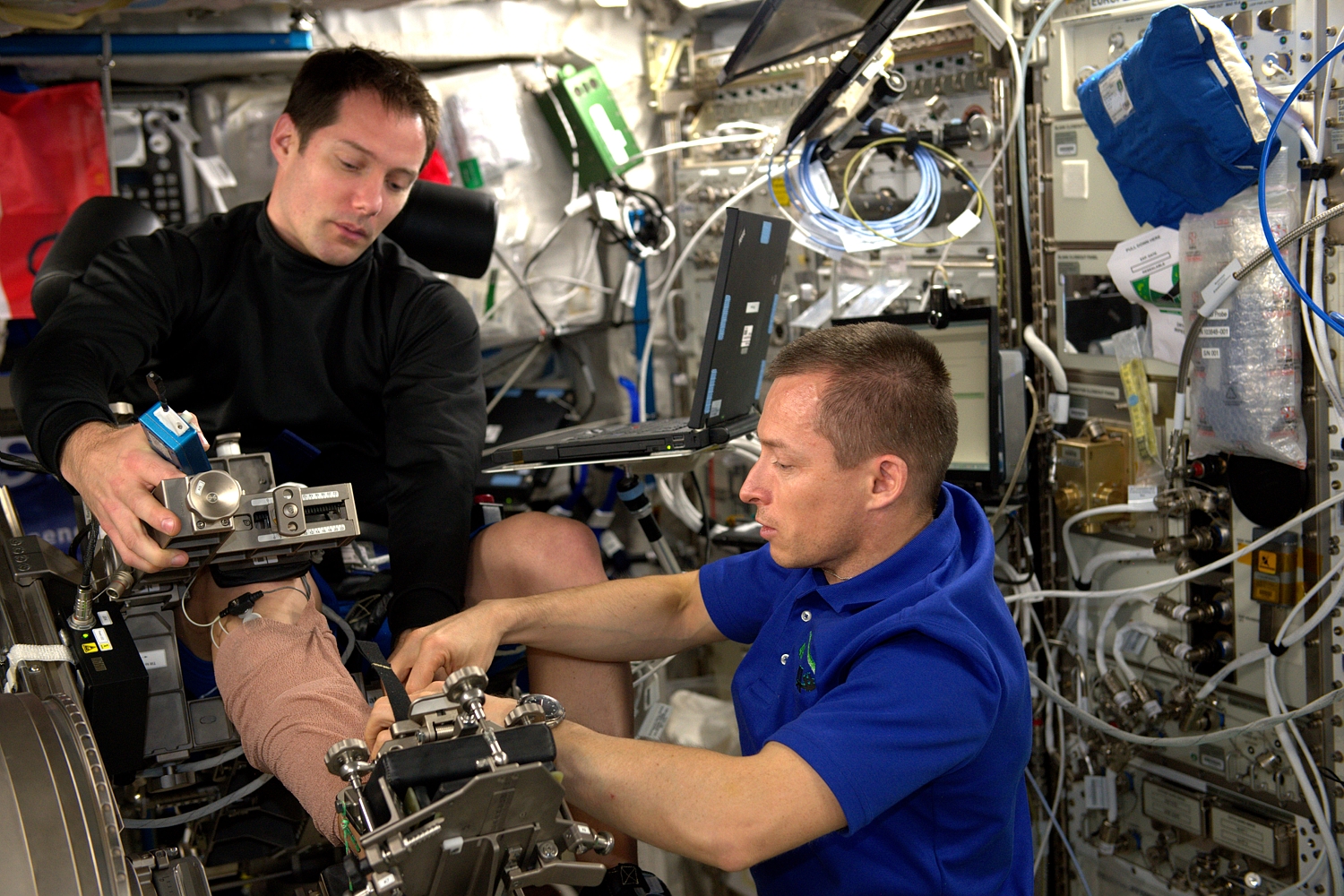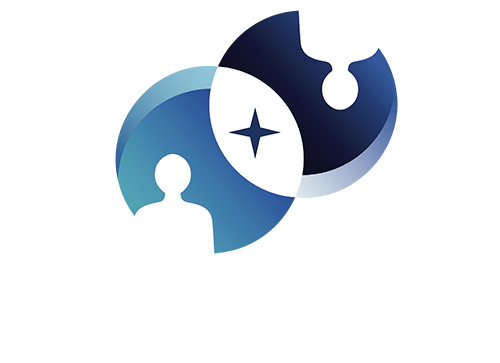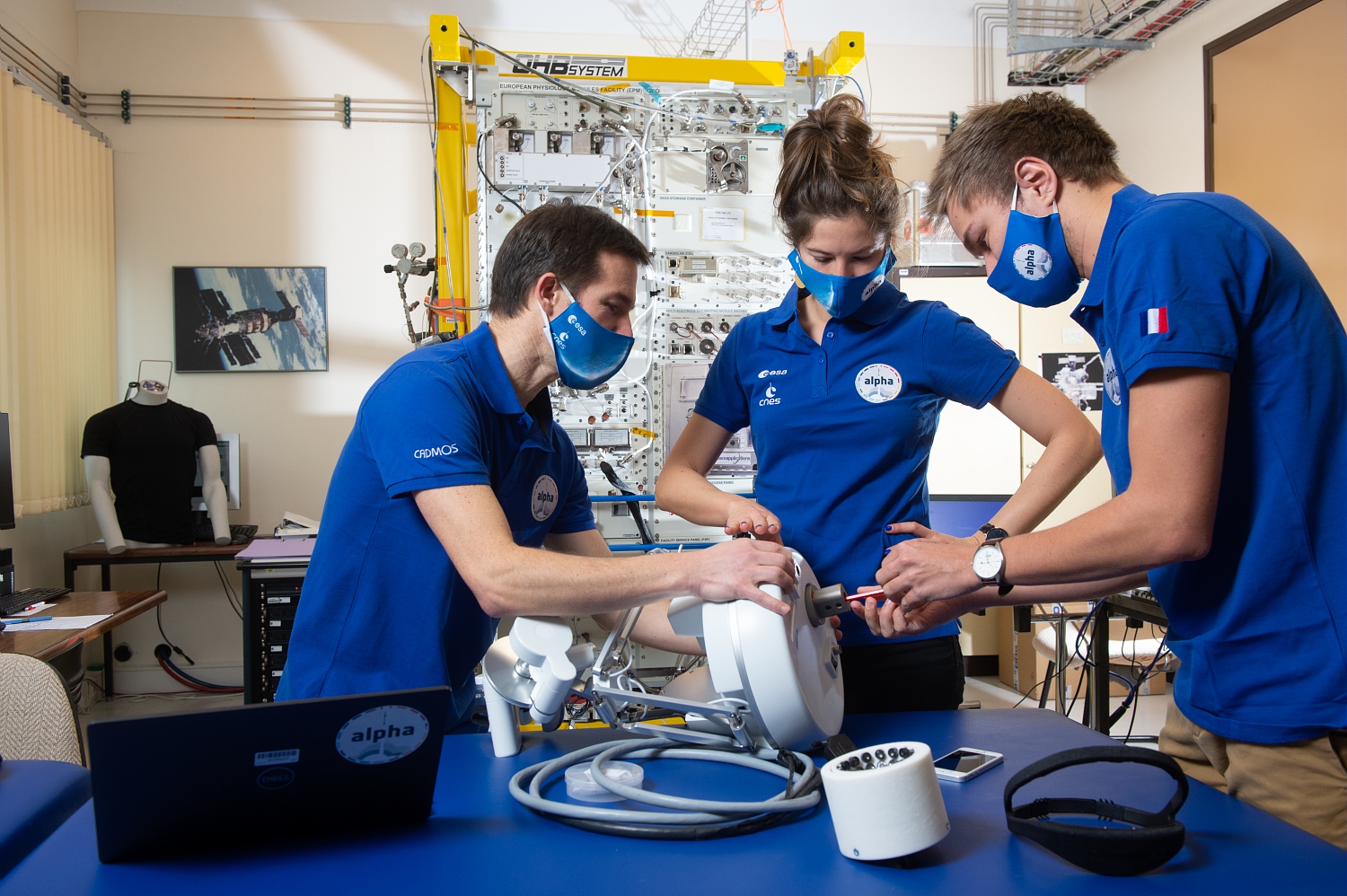Physiology experiments in microgravity (CNES/CADMOS
support)
MEDES provides support for CADMOS (Centre d’Aide au Développement des Activités en Micro-pesanteur et des Opérations Spatiales) teams by helping them prepare physiological and medical experiments that require a microgravity environment.
What is CADMOS ?
CADMOS supports research in microgravity. It serves as a centre for missions, operations and exploitation.
It was set up by CNES in 1993 to prepare, organise and control French manned space missions.
The main scientific fields investigated during CADMOS space missions are physiology, biology, neuroscience, fluid physics, material science, electronic components and mechanical structures.
CADMOS was selected in 1998 by the European Space Agency (ESA) as one of the 9 USOCs (User Support and Operational Centres) of the ground segment of the International Space Station).
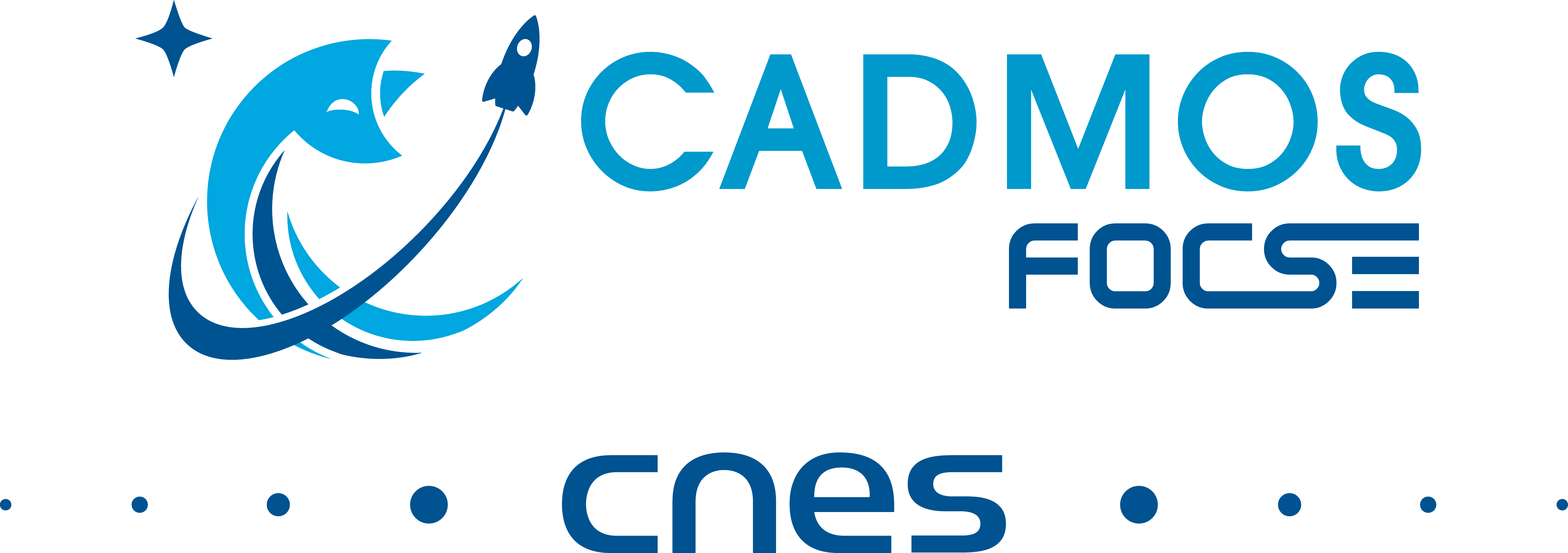
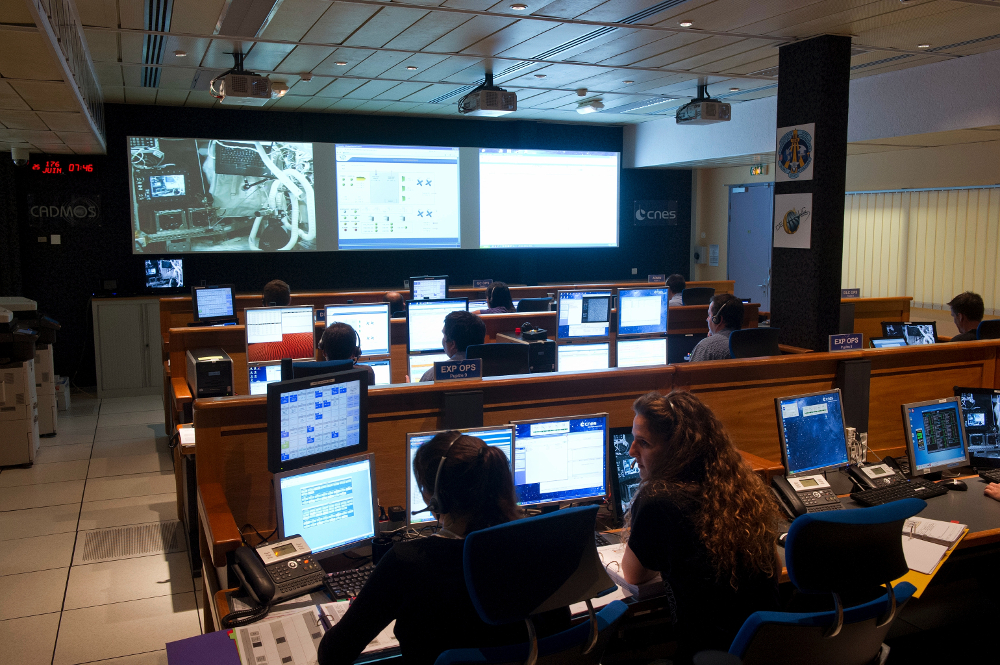
It is therefore responsible for the operation of the following European equipment on the international station: ACES (Atomic Clock Ensemble in Space), EPM (European Physiology Module) and MSL/SQF (Material Science Laboratory/Solidification and Quenching Furnace).
The CADMOS structure is made available to user teams to prepare and execute experiments that require a microgravity environment (manned Space Station, automatic capsules, Airbus 0g, etc.). In this way, with the support of CADMOS (or other USOCs), users have access to the European Columbus orbital laboratory once their proposed experiments have been selected by Space Agencies.
MEDES and CADMOS
Since 2006, MEDES has provided support for space exploration activities under an agreement with CNES and the European Space Agency. This enables the seconding of MEDES teams to reinforce CADMOS activities and provide expertise and know-how in space medicine and physiology.
The team sent to work at CNES/CADMOS helps to prepare, organise and monitor physiology experiments on the International Space Station. The team also participates in pre- and post-flight benchmark measurements and crew training, experiment-data management and payload maintenance.
In 2022, the team worked on more than 30 experiments.
For example, MEDES provided operational support for the following experiments:
- GRIP/GRASP, object manipulation experiment
- MYOTONES, muscle tone study
- VASCULAR AGING, study on cardiovascular aging, in particular on the loss of arterial elasticity
- METABOLIC SPACE, cardiopulmonary diagnosis during exercise
- DREAMS, technology demo of hardware for sleep monitoring and analysis
- IMMUNITY ASSAY, experiment on the role of corticoids in the immune response – preparation in coordination with Biotesc (Switzerland USOC)
etc.
MEDES has also been involved in preparing 2 demos using Virtual Reality
- VR Exercise on ISS – Virtual Reality during exercise
- VR for Mental Care – VR tool to improve mental health on the ISS
MEDES also continues to develop new experiments to be conducted during future missions. They will concern the neuromuscular fields, bone and muscle loading, cardiovascular risks, contribution to a digital twin….
En images
